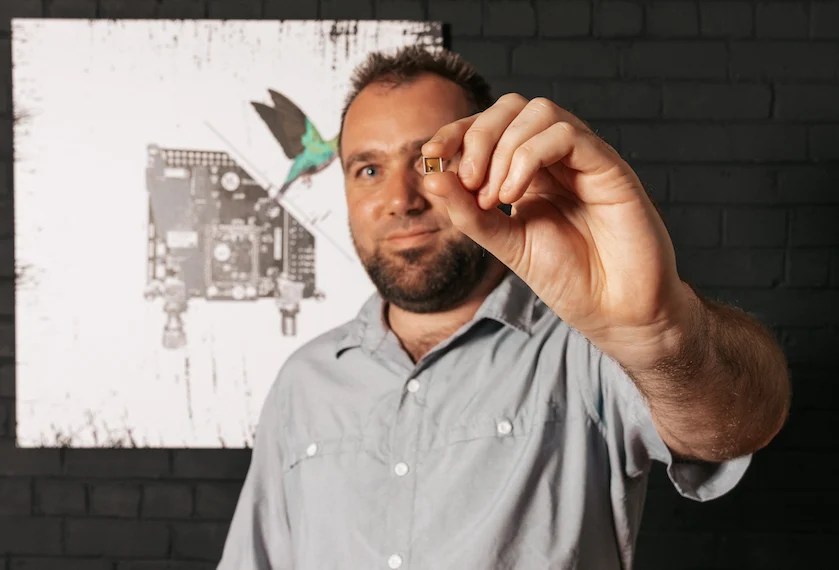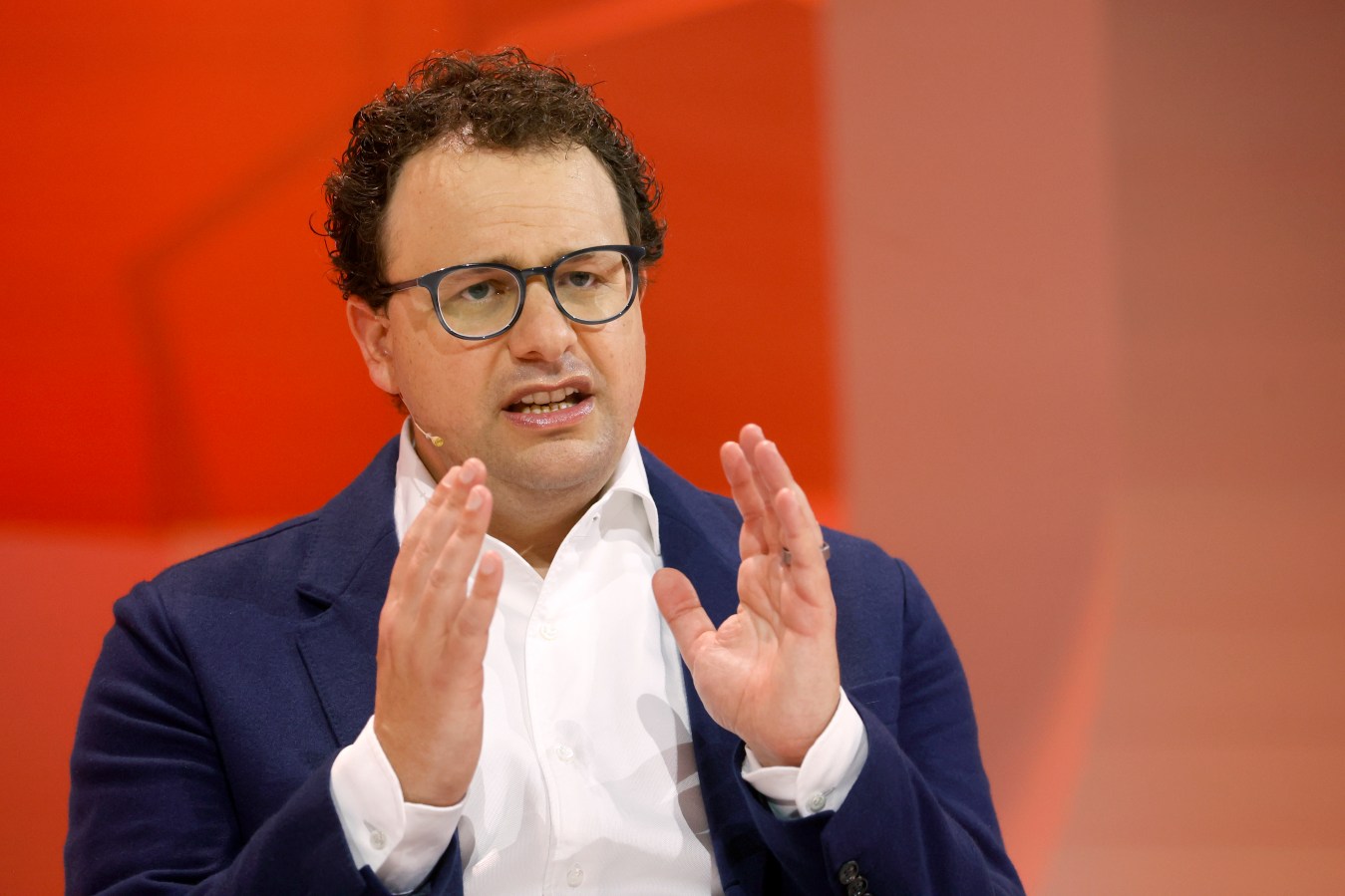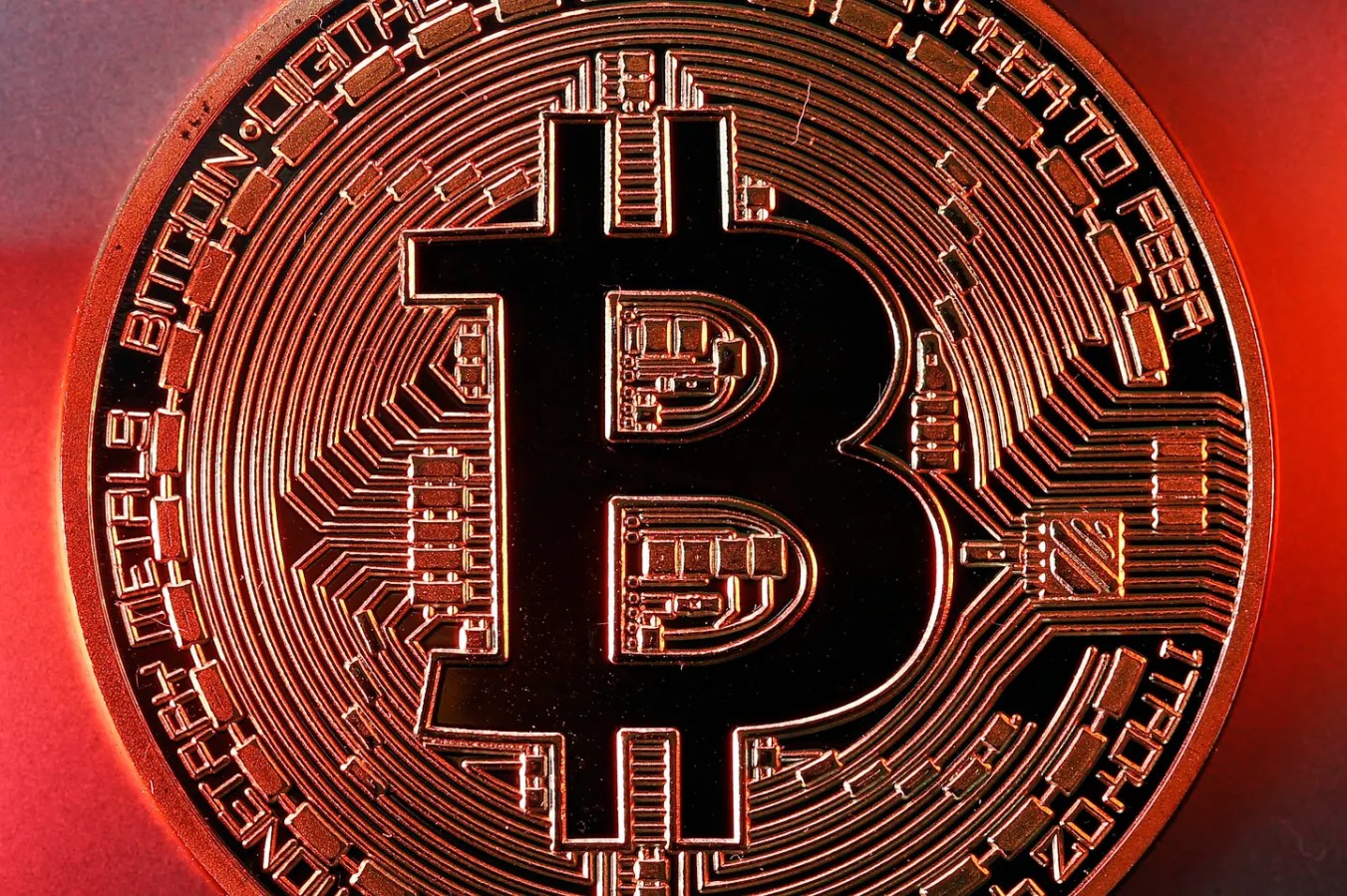The capital will fuel Morse Micro’s international expansion, scale production and support its transition to IoT 2.0.

Key Takeaways
- Morse Micro, an Australian tech start-up that develops WiFi HaLow chips – a long-range, low-power solution that overs 100 times the area of traditional WiFi networks – has banked US$59 million (AU$88 million) in a Series C funding round.
- The capital raise was led by global fabless semiconductor company, MegaChips, with participation from the National Reconstruction Fund Corporation, Blackbird, Main Sequence and more.
- It brings the company’s total funding to date to US$193 million (AU$290 million).
- Morse Micro will use the capital to fuel its international expansion, scale production of its HaLow chips and support the ecosystem shift toward IoT 2.0, a new phase of the Internet of Things.
Key background
Morse Micro, co-founded by Michael De Nil in 2016, is a WiFi HaLow fabless semiconductor company that focuses on long-range, low-power WiFi solutions. De Nil told Forbes in an early interview that its chip can cover any device within a kilometre range of the access point, which makes powering smart lighting, sensors, utility meters and even electric vehicles in larger homes or big commercial properties (like schools) simple.
“Nobody has a better chip than we do. It’s about seeing us through to significant revenue and scaling up from there,” he said. “We’re looking to take the company public in a few years. There’s no reason we can’t be Broadcom [US semiconductor giant].”
The company, which employs over 130 people in Australia but has offices across the United States, Taiwan, China, India, Japan and the UK, says today its chip enables connected devices to achieve ten times the range, covering 100 times the area of traditional Wi-Fi networks. – an advancement that it claims is transforming IoT (Internet of Things) connectivity.
Big number
$88 million (or US$59mllion). That’s how much Morse Micro banked in its Series C funding round, led by by global fabless semiconductor company, MegaChips, with participation from the National Reconstruction Fund Corporation, Blackbird, Main Sequence, Uniseed, Ray Stata, Malcolm and Lucy Turnbull, Startmate and a number of institutional investors.
It brings the company’s total funding to date to $290 million.
Crucial quote
“The future of IoT depends on connectivity that is long-range, power-efficient, secure and delivers on throughput, and that’s exactly where we’re leading. With this raise, we are accelerating our expansion and preparing for the next phase of our company’s growth.”- Morse Micro CEO and co-founder, Michael De Nil.
What to watch for
Morse Micro has made a number of fresh announcements that are big for Australia’s semiconductor industry, which is still relatively nascent: it launched its HaLowLink2 (a new evaluation platform), a second generation System-on-Chip (an integrated circuit that combines the essential components of a computer onto a microchip), and delivered new reference designs.
“We are proud to continue our support for Morse Micro as it leads the global transition to IoT 2.0. For a number of years, we have worked in partnership with Morse Micro to increase production and sales of its flagship Wi-Fi HaLow products. This investment reflects our belief that the time for Wi-Fi HaLow is now,” said Tetsuo Hikawa, President and CEO of MegaChips Group.
“Morse Micro is uniquely positioned to accelerate the adoption of next generation IoT solutions. We are confident this investment positions the team and technology for international leadership and future success on the public markets.”
Did you know?
WiFi was invented and patented by Australian scientists from the CSIRO back in 1993.
Tangent
Global chip designer Nvidia, worth about US$4.34 trillion, just announced it would invest up to US$100 billion in OpenAI. The new partnership will see the generative AI firm use at least 10 gigawatts worth of Nvidia’s systems for infrastructure used to train AI models, with the first gigawatt of Nvidia’s tech set to go online in the second-half of 2026.
“Compute infrastructure will be the basis for the economy of the future,” OpenAI CEO Sam Altman said.
Look back on the week that was with hand-picked articles from Australia and around the world. Sign up to the Forbes Australia newsletter here or become a member here.


